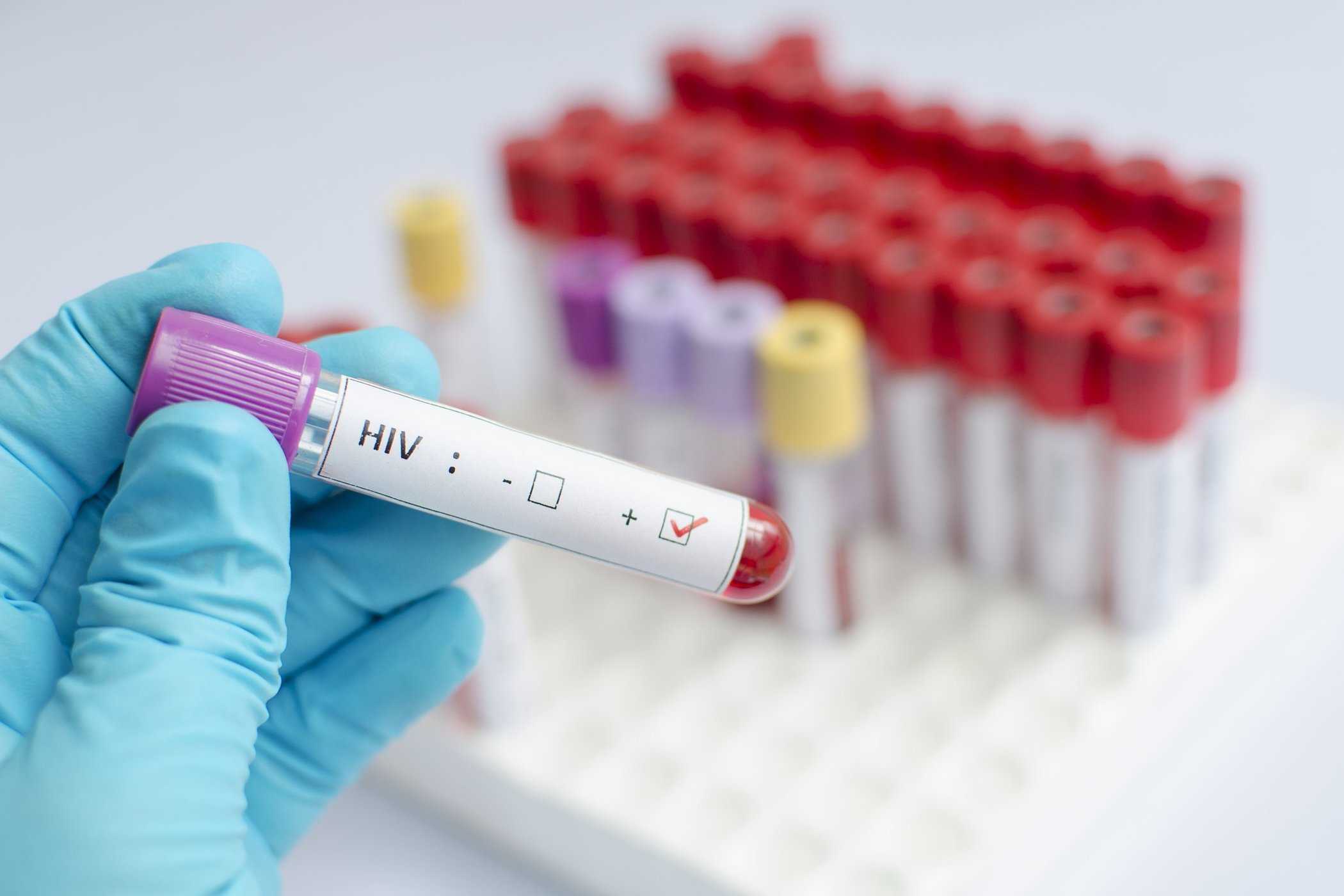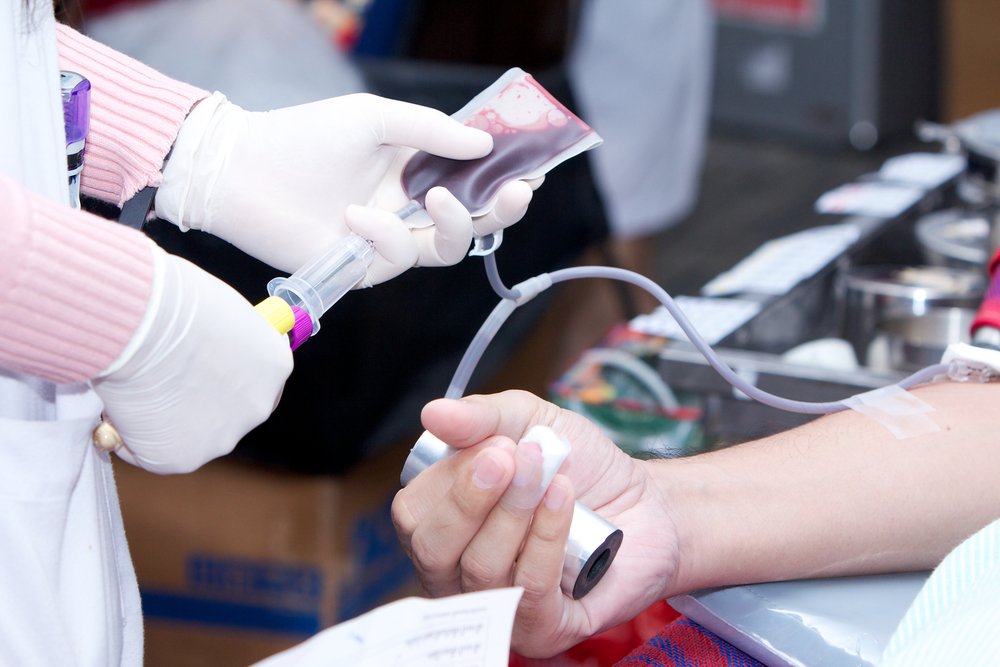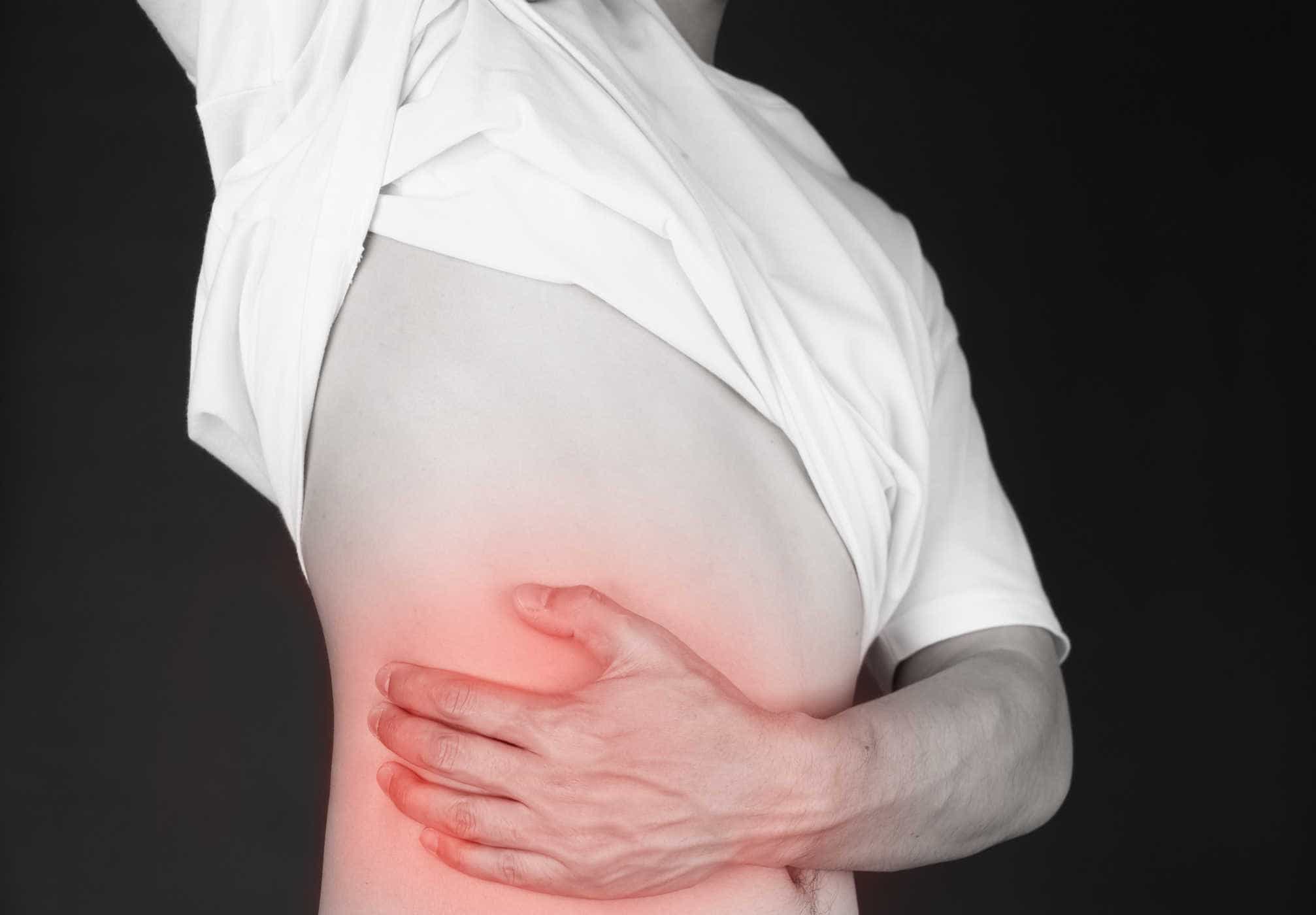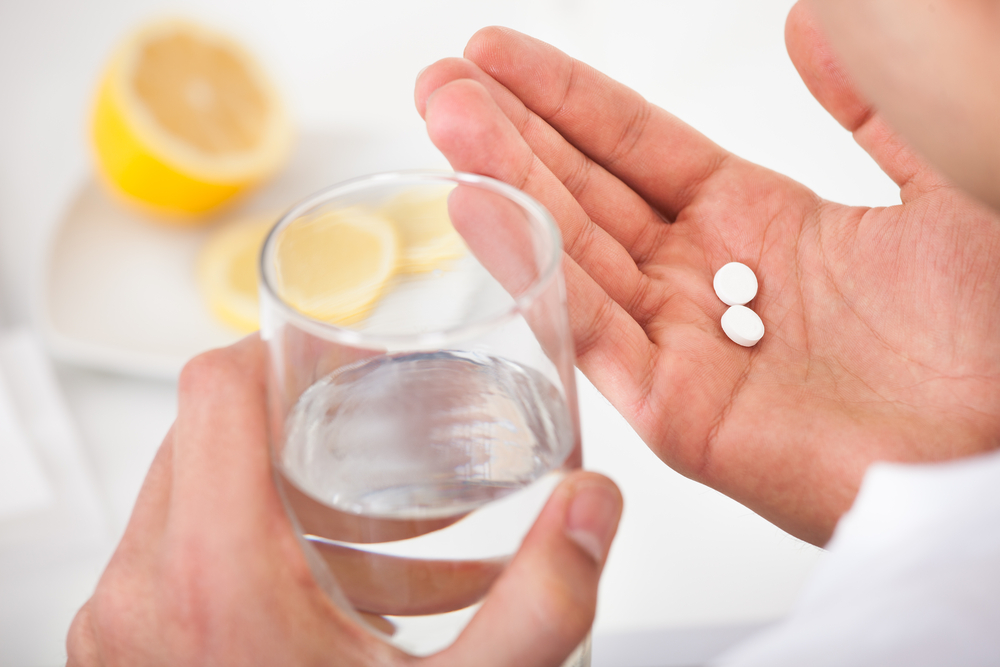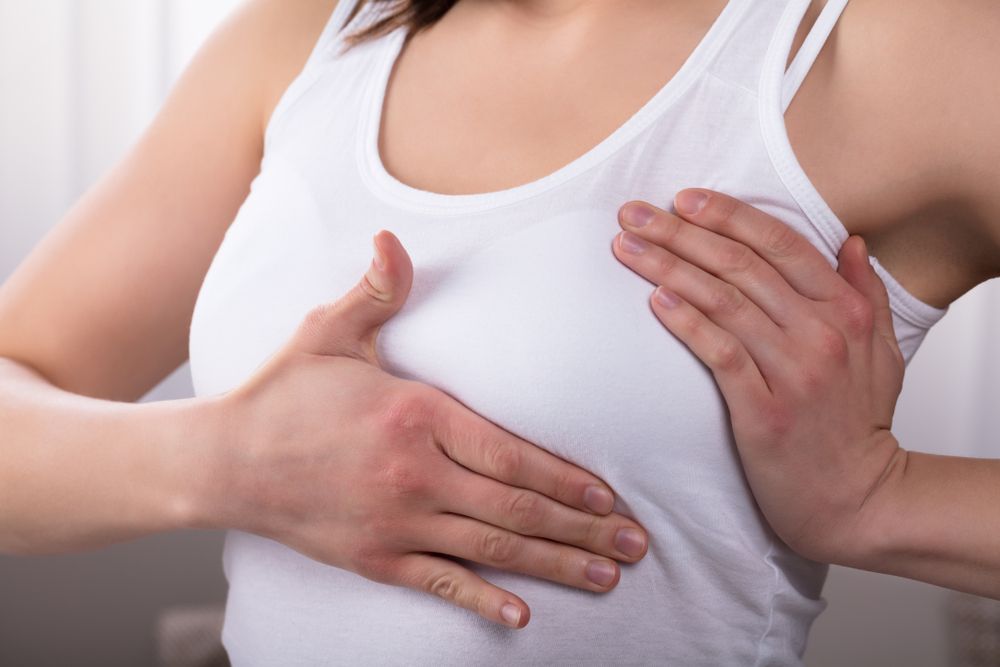Contents:
- Medical Video: Newborns and HIV
- Can the HIV virus be transmitted through breast milk?
- Antiretroviral drugs can prevent transmission through breast milk
- So, is it possible for mothers with HIV to breastfeed their babies?
Medical Video: Newborns and HIV
HIV or Human Immunodeficiency Virus is a virus that attacks the immune system, specifically white blood cells, which then causes the body's immune system to weaken and decrease. According to WHO data, in late 2015 it was found that there were around 36.7 million people diagnosed with HIV positive, and deaths in HIV positive patients reached 1.1 million in 2015. While in Indonesia alone, data from the Ministry of Health showed that in 2014 there were an estimated 9,589 women and 13,280 men who were HIV positive.
HIV is a viral infectious disease that can be transmitted through sexual intercourse and exchange of body fluids, such as in pregnant women or mothers who breastfeed their children. Without proper and correct treatment, people who are infected with HIV for years will experience AIDS or acquired immunodeficiency syndrome. Meanwhile, until now people who experience AIDS have not been treated because there are no drugs that can treat this disease.
What if a mother who is breastfeeding has HIV positive? Can he not give his baby ASI? We all know that babies need ASI to support their growth and development in times of gold. The following is an explanation of whether HIV-positive mothers may breastfeed and give their milk or not.
Can the HIV virus be transmitted through breast milk?
It has been previously known that breast milk is the most suitable food to be given to newborns. There is no food that is as perfect as breast milk that can be easily digested by babies, prevent various infectious diseases, and is a good source of food for the process of growth and development of children.
But if the mother has HIV positive, giving breast milk to the baby is feared to be able to transmit the baby. Breast milk can contain the HIV virus in the mother which is then transmitted to the baby. At least the risk of children being infected through breastfeeding from HIV-positive mothers to infants is 15-45%. UNICEF stated that in 2001 as many as 800 thousand children experienced HIV due to contracting from their mothers who were HIV positive.
Previously, the WHO recommended not giving breast milk to children whose mothers were HIV positive. Previous research stated that exclusive breastfeeding when the first 6 months of life increases 3 to 4 times the risk of HIV transmission from mother to baby, compared with children given formula milk. But now it's no longer like that, because a new study states that by taking drugs and taking medication, it can prevent the HIV virus from getting into the child's body.
Antiretroviral drugs can prevent transmission through breast milk
Research involving 2,431 pairs of mothers and children was carried out in the regions of South Africa, Malawi, Uganda, Tanzania, Zambia, Zimbabwe, and India in 2011 to 2014. Later, the researchers gave antiretroviral drugs to mothers who were HIV positive, since the mother contained , childbirth, until breastfeeding. The drug is one of the drugs given to patients who are HIV positive, but cannot make it cured. This antiretroviral drug can only make the growth of the virus slow down and prevent duplication from happening.
Provision of this drug is considered effective enough to prevent transmission from occurring, because it is proven by the results of studies that show that in Malawi there was a 42% reduction in transmission rates in children who were breastfed from HIV positive mothers. In this group of mothers, given nevirapine antiretroviral drugs every day during breastfeeding within 6 months. Not only that, the decline in transmission rates also occurred in South Africa which showed a decline of up to 18%.
Until now, there may be many people who think that breastfeeding from mothers who have HIV positive is dangerous for babies, but still breast milk is the best food for babies. In fact, WHO states that babies born to HIV-positive mothers die more often from malnutrition and have poor health status due to malnutrition, not due to the HIV virus that is transmitted. Or, babies die more often from infectious diseases that are often experienced by toddlers, such as diarrhea, pneumonia, and various infectious diseases that are not related to HIV. Meanwhile, many studies have proven that breastfeeding can prevent children from experiencing various infectious diseases.
So, is it possible for mothers with HIV to breastfeed their babies?
Even so, a mother who has a positive HIV virus in her body is encouraged to give exclusive breastfeeding for 6 months by taking medication to reduce the risk of transmission to her baby. Unlike healthy mothers who still have to give breast milk to children aged 2 years and provide complementary breastfeeding after 6 months. In women who are HIV positive, children who are over 6 months old are encouraged to consume soft foods and various liquids as a substitute for breast milk. In addition, routine health checks need to be carried out, so that doctors can monitor the growth of the baby and see their health status.
READ ALSO
- Can Sprue Transmit HIV?
- HIV Treatment Turns Out to Increase the Risk of Heart Attack
- Detect Early Symptoms of HIV and AIDS

